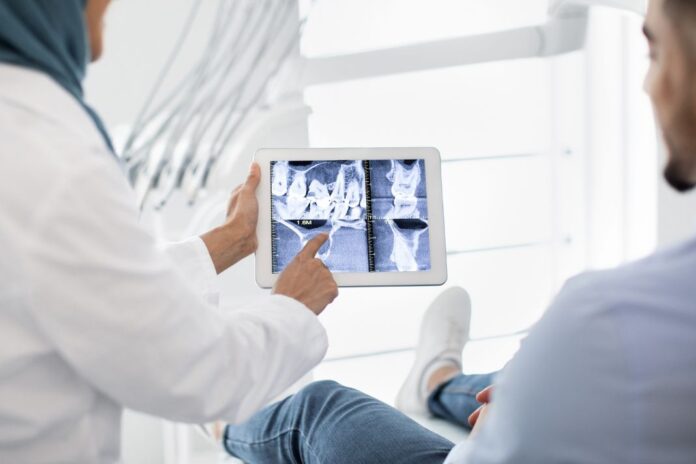In the dynamic landscape of modern healthcare, diagnostic centers have evolved beyond their traditional radiology roots to become essential hubs of comprehensive diagnostic services. This article explores the expanding role of diagnostic centers in healthcare, highlighting their diversified services, advanced technologies, and the significant impact they have on improving patient outcomes.
1. Multidisciplinary Diagnostic Services
Discover how diagnostic centers now offer a wide array of diagnostic services beyond radiology, including pathology, laboratory testing, cardiology, and more. This diversification enables patients to access a comprehensive range of diagnostic assessments conveniently under one roof.
2. Early Detection and Preventive Care
Explore how diagnostic centers contribute to early disease detection and preventive care through routine health check-ups, screenings, and wellness programs. These services empower patients to take proactive measures to safeguard their health.
3. Advanced Imaging Technologies
Learn about the latest advancements in diagnostic imaging technologies, such as 3D and 4D imaging, functional MRI, and hybrid imaging systems. These innovations provide deeper insights for accurate diagnoses and treatment planning.
4. Telemedicine Integration
Discover how diagnostic centers are incorporating telemedicine platforms to extend their reach and offer remote consultations with specialists. This expansion of telehealth services enhances accessibility to expert medical advice.
5. Artificial Intelligence in Diagnostics
Delve into the role of artificial intelligence (AI) in diagnostic centers. AI algorithms assist in image analysis, aiding radiologists and pathologists in interpreting complex data sets and improving diagnostic accuracy.
6. Personalized Medicine
Explore how diagnostic centers contribute to the era of personalized medicine. Genetic testing and tailored treatment plans based on individual patient profiles are increasingly becoming the standard of care.
7. Patient-Centric Approach
Understand the importance of patient-centered care in diagnostic centers. Services are designed with patient comfort and convenience in mind, offering flexible scheduling, shorter wait times, and a focus on the overall patient experience.
8. Collaboration with Healthcare Providers
Learn about the collaborative partnerships between diagnostic centers and healthcare providers. Effective communication and data sharing enhance care coordination, resulting in more effective treatment plans.
9. Community Health Initiatives
Discover how diagnostic centers are engaging in community health initiatives, such as health fairs and outreach programs, to promote health education and preventive care within local communities.
10. Future Innovations
Look ahead to the future of diagnostic centers, with emerging trends such as point-of-care testing, remote monitoring, and continued integration with digital health technologies.
Conclusion
Diagnostic centers have evolved into vital players in modern healthcare, offering a wide spectrum of diagnostic services that extend beyond radiology. With advanced technologies, a patient-centric approach, and a commitment to early detection and preventive care, diagnostic centers play a pivotal role in improving patient outcomes and advancing the overall quality of healthcare in today’s dynamic healthcare landscape.






